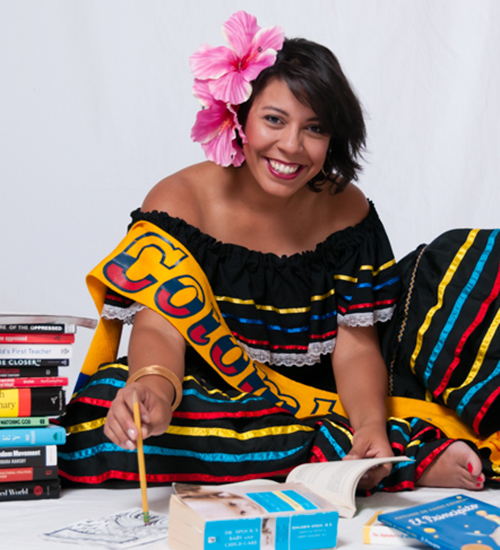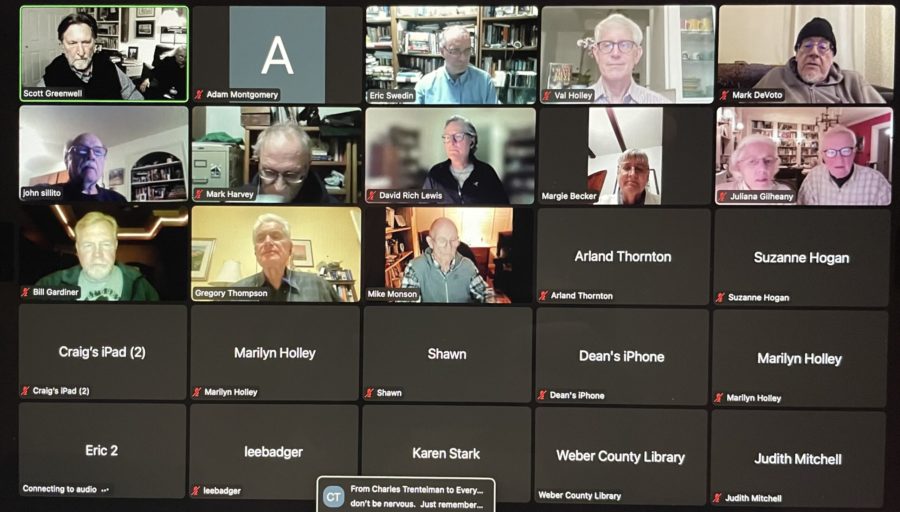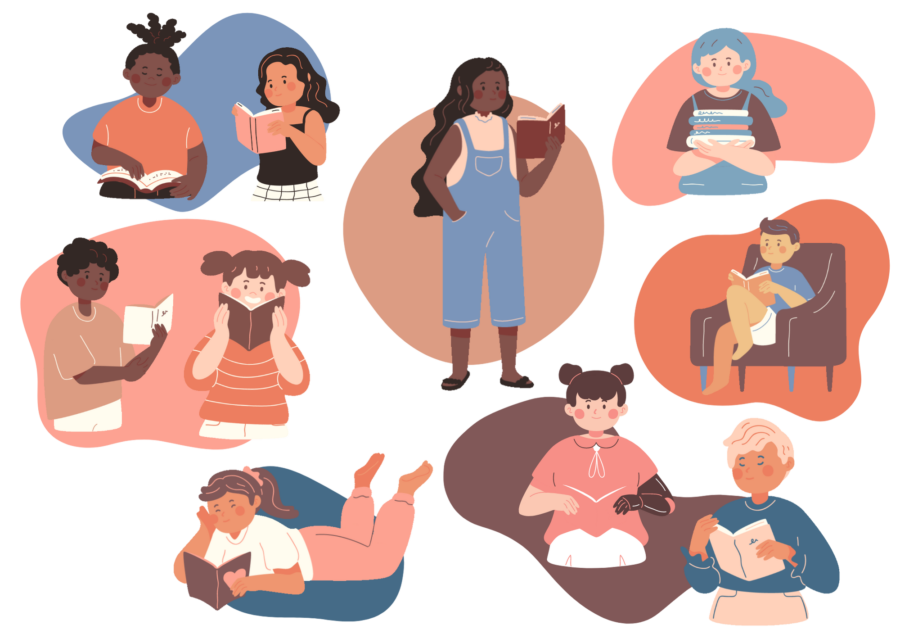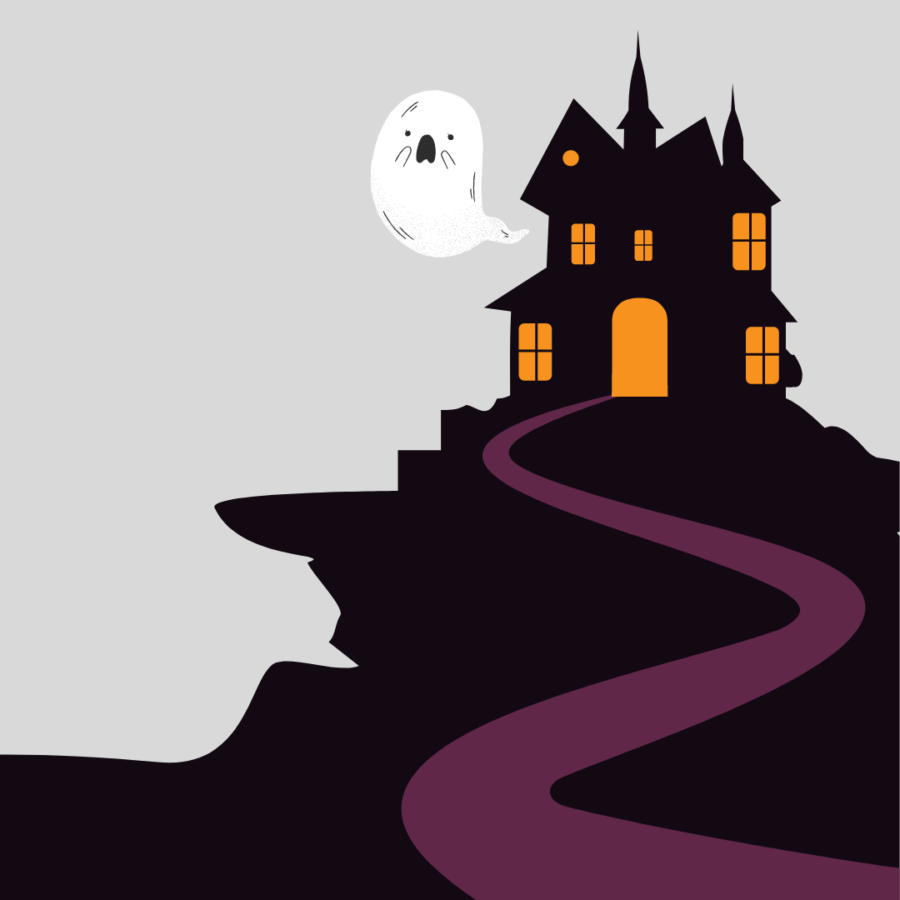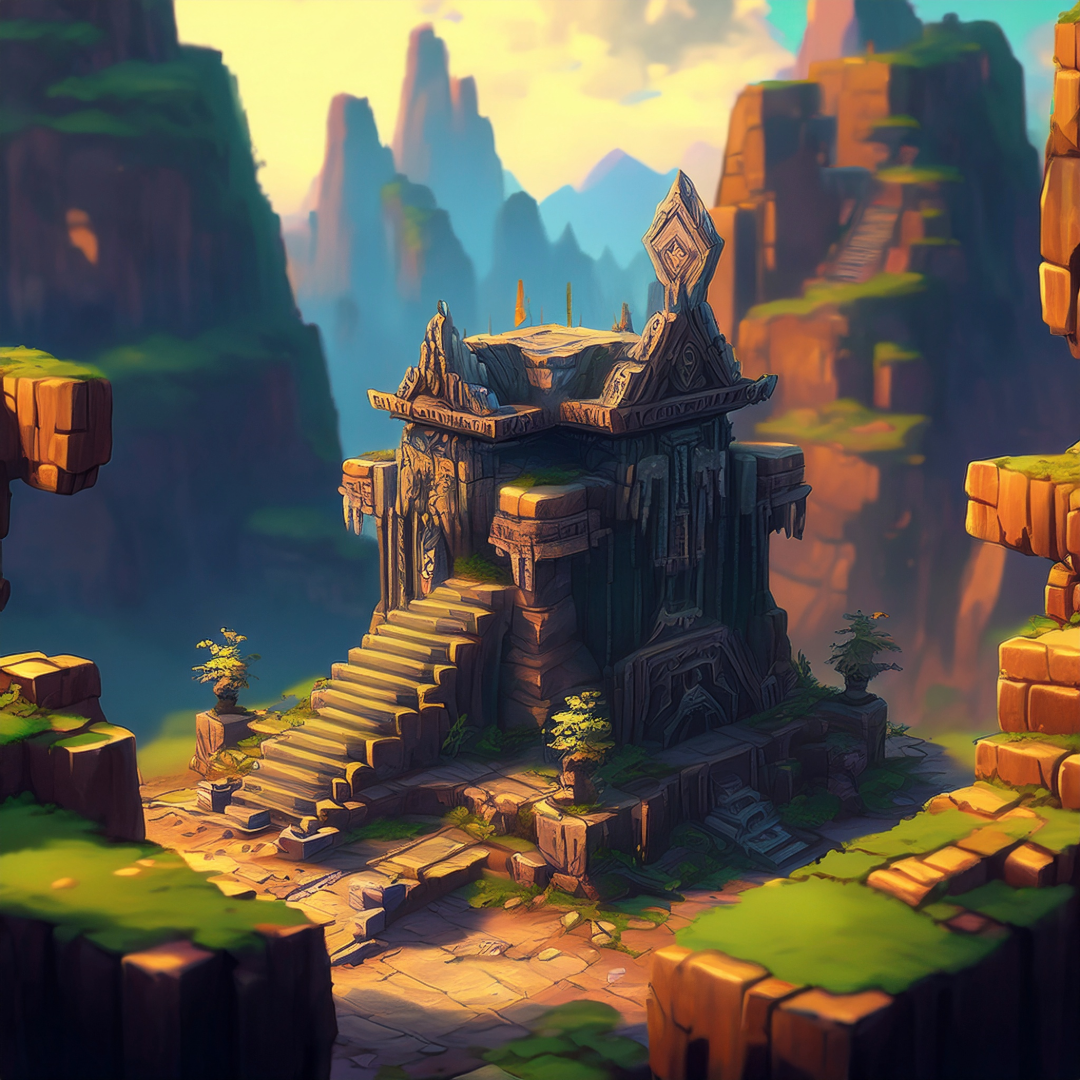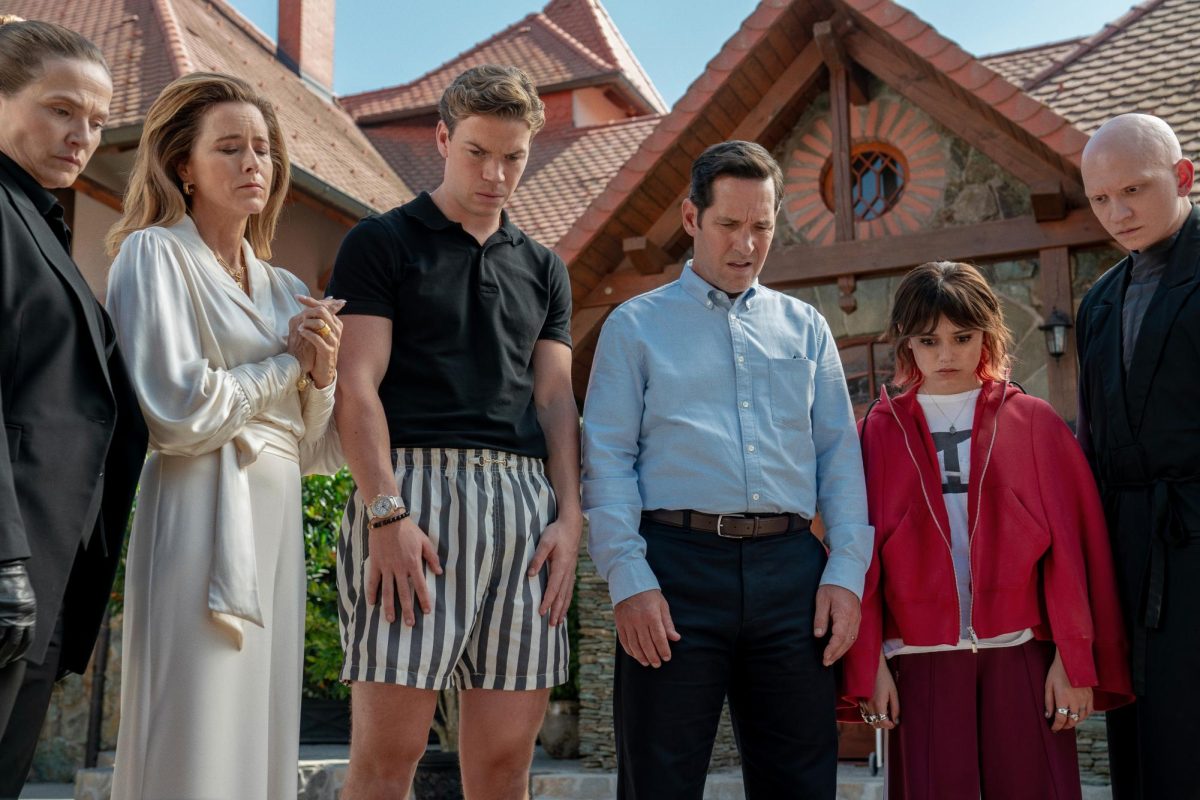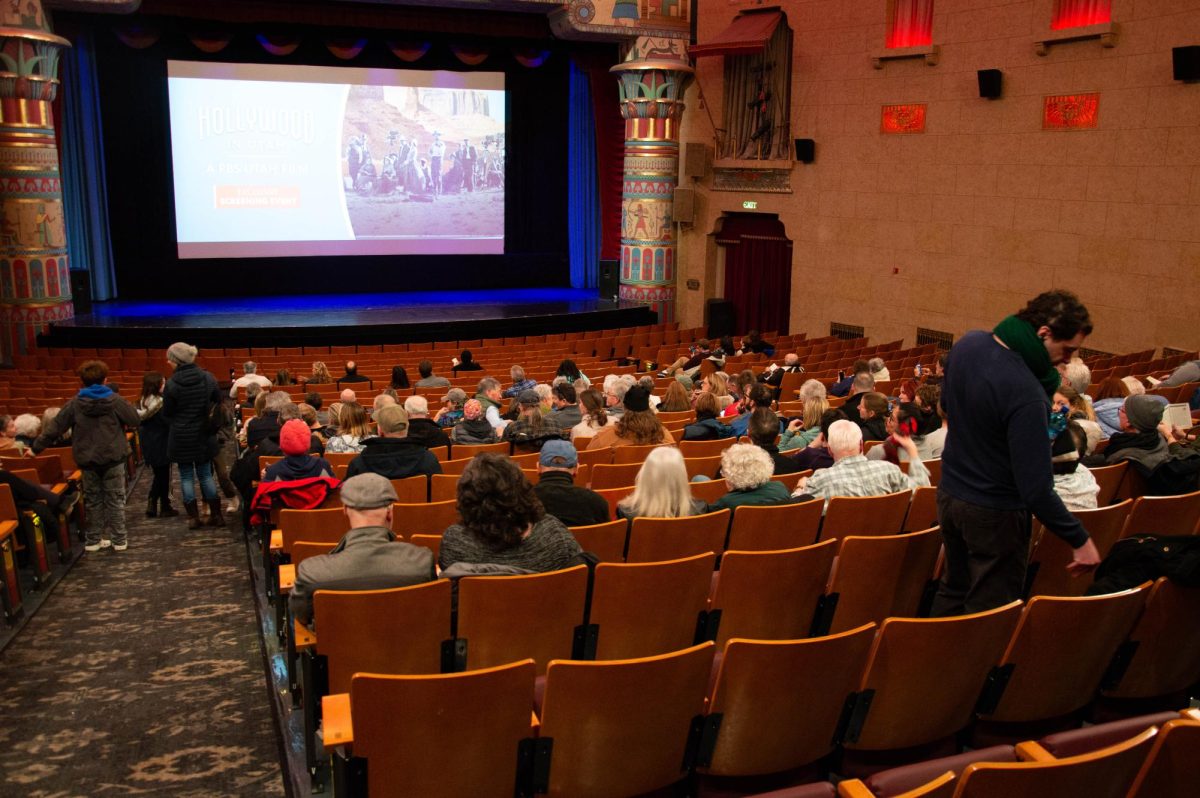An alternate title for this column could also be “If you’re going to boycott a movie, make it ‘City of Bones’ or ‘Frozen’ and not ‘Ender’s Game,'” but that wouldn’t have fit on the page, and you need the full title for the effect.
At the end of last week, the critically acclaimed science-fiction novel “Ender’s Game” finally hit theaters. The book about a boy genius manipulated by adults to save the world from an alien invasion was written by Orson Scott Card, who is notorious for being a longtime outspoken anti-gay rights activist. He graduated from both Brigham Young University and the University of Utah, which amuses me, but that’s besides the point, except to mention he did time in our great state, and so of course we’re going to talk about him.
Because of Card’s controversial views on same-sex marriage, many people, including longtime “Ender’s Game” fans, have been equally outspoken in their desire to boycott the movie. And if you’re one of them, please don’t.
One primary reason for the boycott is people don’t want to give money to Card. OK, fair enough. However, the newsphere reports that Card made all the money he’s going to make on the movie when the contract was signed years ago. Not going to see the movie is only hurting the people who made it. And honestly, there are just as bad if not worse authors out there who have gleaned financial success from their book-to-movie adaptations. I don’t remember anyone talking about boycotting their movies in droves.
The most recent author to come to mind is Cassandra Clare, the woman behind “The Mortal Instruments: City of Bones,” which came out in August and thankfully failed at the box office without boycotting. Personally, I do not boycott movies. I either want to see a movie or I don’t, and it’s always because of my level of interest in the movie itself. However, if there were ever a movie I would boycott based on the author (and a little on the source material), it would have been “City of Bones.” The woman not only extensively plagiarized back when she wrote fanfiction (long story), but she is a relentless and petty bully who thought it clever to write a so-called heartfelt blog post about anti-bullying that got her a lot of positive attention she didn’t deserve. Hey, at least Card isn’t trying to hide his beliefs. (I now fully expect a cease-and-desist and potential police intervention on behalf of Clare’s lawyers for defaming her in this column. You think I’m joking. I’m not.)
Even without knowing Clare’s history, I still would not have watched “City of Bones.” Despite being a huge fantasy and science-fiction junkie, that story held zero interest for me. “Ender’s Game,” on the other hand, deserves the acclaim and awards it has gathered over the years. One of my former co-workers described it as the type of book he had no doubt would one day make it onto the classics reading list of schools in the United States alongside “Bridge to Terabithia,” “To Kill a Mockingbird” and “Twilight” (that last one is supposed to be a joke, only it’s almost true).
After finally reading “Ender’s Game” this past week (don’t mock me; I started it when I was 10, I just never finished it), I see why. The themes of this book are as true to our society today as they were when it was written. It isn’t a story about Earth vs. aliens. It’s a story about children forced to grow up for others’ means, about the illusion of freedom, about the power and destruction of innocence in the name of something old men claim to be a higher cause. The price of war is children, and in a society where only five members of Congress showed up to a hearing to determine if the United States is guilty of war crimes against civilians — a hearing featuring children victims of drone attacks — that is a price we willingly keep paying.
Regardless of Card’s personal beliefs, “Ender’s Game” has none of those beliefs and a lot of other important stuff that needs to be talked about now. At the very least, it will maybe get people thinking, maybe talking, maybe doing something about the nature of innocence and the price of war. “Ender’s Game” is not a story we should be boycotting, because boycotting means ignoring it and the themes it represents, and we’ve already done enough of that in the real world.
As for boycotting Disney’s upcoming princess movie “Frozen”? It’s a fun discussion about sexism and race, but we’ve still got a little while until its release. We’ll talk then. Go see “Ender’s Game” first.


